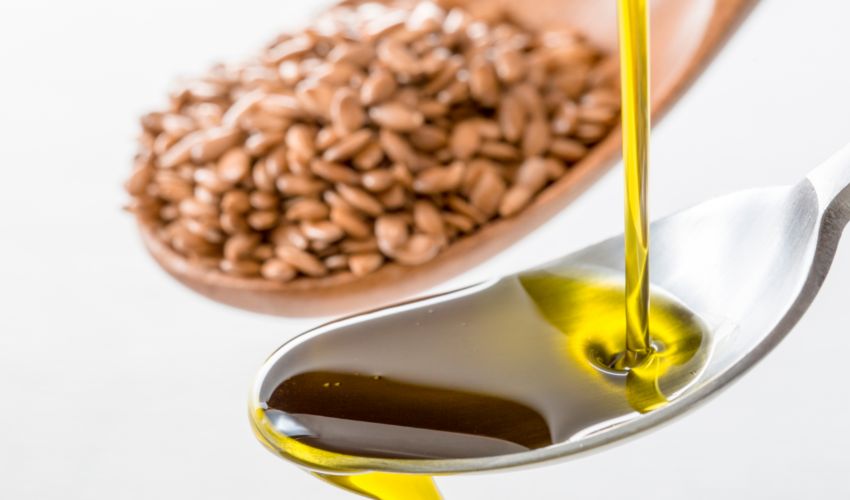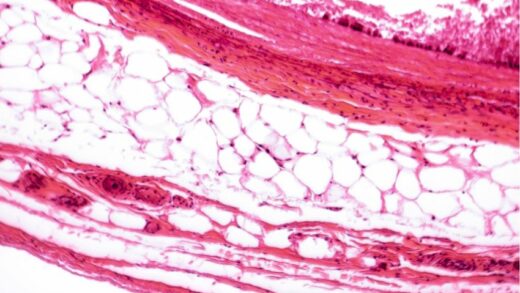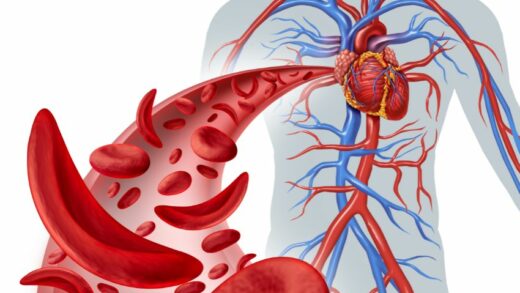Lignans are a group of phytochemicals found in plants that have been gaining more and more attention for their potential health benefits. These natural compounds are considered to be phytoestrogens, which means that they can mimic the effects of estrogen in the body. While some people may be concerned about this effect, lignans are also believed to have anti-cancer, anti-inflammatory, and antioxidant properties. In this article, we will take a closer look at lignans, how they work, and the many ways in which they can benefit your health.
What Are Lignans?
Lignans are a type of phytoestrogen, which means they are plant compounds that can mimic the effects of estrogen in the body. They are found in many different types of plants, including flaxseeds, sesame seeds, whole grains, fruits, and vegetables. Lignans are actually formed when two phenylpropanoid molecules combine, and they are typically found in the fiber of plant-based foods.
How Do Lignans Work?
Lignans are believed to have a number of health benefits due to their ability to interact with the body’s hormone levels. Because they can mimic the effects of estrogen, lignans are sometimes used to help manage menopausal symptoms or other conditions that are affected by hormonal changes. Additionally, lignans are thought to have anti-cancer properties, and may also help to reduce inflammation and oxidative stress in the body.
Where Can You Find Lignans in Your Diet?
Lignans can be found in a variety of plant-based foods, but some sources are better than others. Some of the best sources of lignans include:
- Flaxseeds and flaxseed oil
- Sesame seeds and tahini
- Whole grains, such as wheat, oats, and rye
- Fruits, such as berries, apricots, and oranges
- Vegetables, such as broccoli, kale, and carrots
In general, you can increase your lignan intake by eating a diet that is high in fiber and plant-based foods. If you are looking to increase your lignan intake, you may want to consider adding some of the foods listed above to your diet.

Health Benefits of Lignans
Lignans are believed to have a number of potential health benefits, including:
- Reducing the risk of certain types of cancer. Lignans have been shown to have anti-cancer properties and may be particularly beneficial for reducing the risk of breast cancer.
- Improving heart health. Lignans have been shown to help reduce cholesterol levels and improve heart health, which can reduce the risk of heart disease.
- Managing menopausal symptoms. Because lignans can mimic the effects of estrogen, they may help to reduce hot flashes and other symptoms of menopause.
- Reducing inflammation. Lignans may help to reduce inflammation in the body, which can help to reduce the risk of a number of chronic diseases.
- Acting as an antioxidant. Lignans are believed to have antioxidant properties, which means that they can help to protect the body against oxidative stress and the damage caused by free radicals.
FAQs:
Are lignans safe for everyone to consume?
Lignans are generally considered to be safe for most people to consume. However, if you have a history of breast cancer or other hormone-sensitive conditions, you should talk to your doctor before consuming large amounts of foods that are high in lignans.
Can lignans help with weight loss?
While lignans may have some potential benefits for weight loss, they are not a magic solution for losing weight. Eating a healthy, balanced diet and getting regular exercise is still the best way to achieve and maintain a healthy weight.

Are lignans only found in plant-based foods?
Yes, lignans are only found in plant-based foods. Animal products do not contain lignans.
How can I incorporate more lignans into my diet?
One of the best ways to incorporate more lignans into your diet is to eat a variety of plant-based foods. You can try adding flaxseeds or sesame seeds to your oatmeal or smoothies, snacking on fruits and vegetables throughout the day, and choosing whole grains instead of refined grains.
Are there any negative side effects of consuming lignans?
While lignans are generally considered to be safe, consuming large amounts of lignans may have some negative side effects. Some people may experience gastrointestinal distress, such as bloating or diarrhea, when consuming large amounts of lignans. Additionally, because lignans can mimic the effects of estrogen in the body, people with a history of hormone-sensitive conditions should talk to their doctor before consuming large amounts of lignans.
Conclusion:
Lignans are a group of natural plant compounds that are believed to have a number of potential health benefits. They are found in a variety of plant-based foods and can be incorporated into your diet in a number of ways. While lignans may not be a magic solution for preventing or treating disease, they are a healthy addition to a well-balanced diet. If you are interested in incorporating more lignans into your diet, try adding some of the foods listed above to your meals and snacks. As always, it is important to talk to your doctor before making any significant changes to your diet or lifestyle.






















